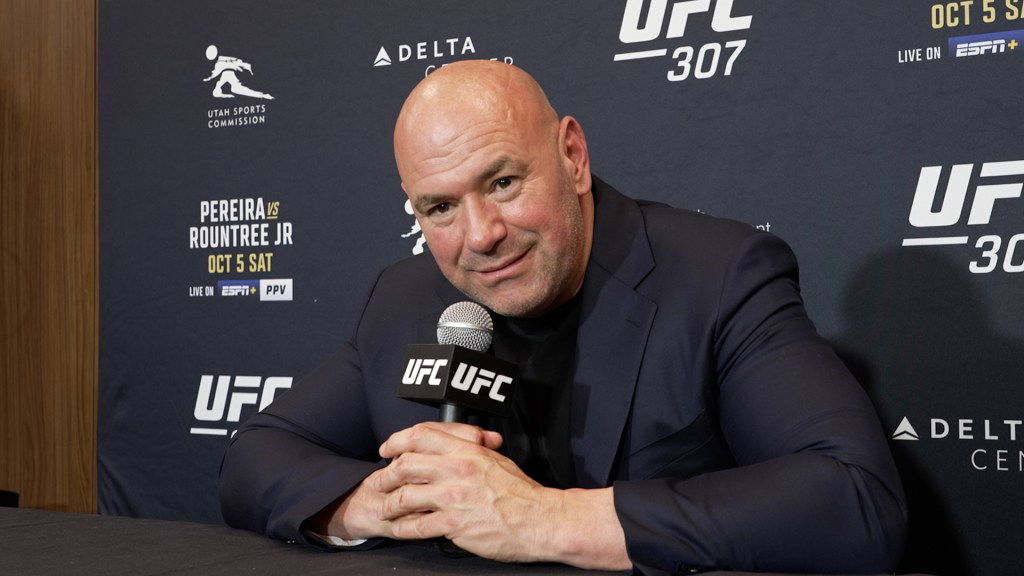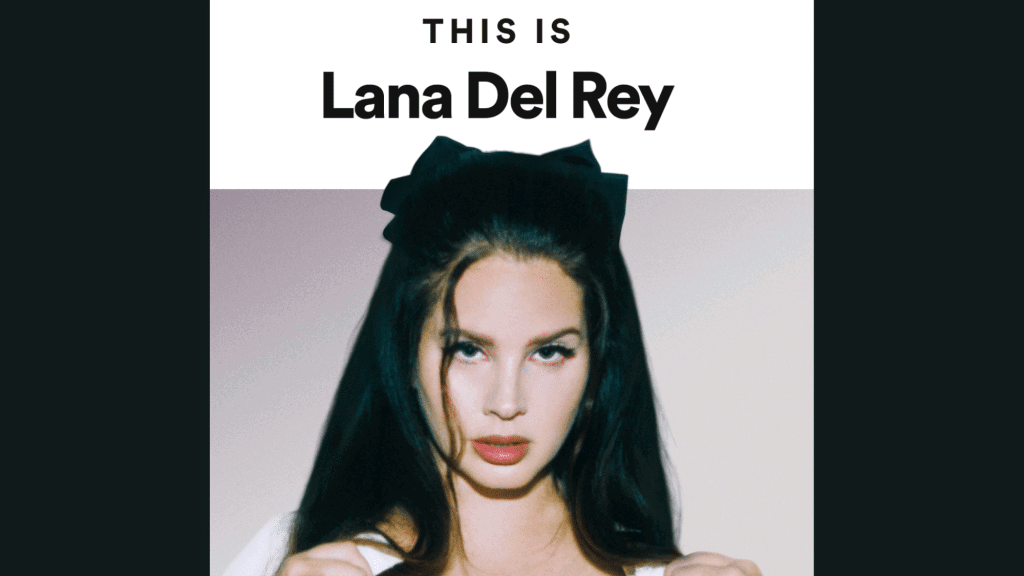Dana White’s leadership has been instrumental in transforming the UFC from a niche organization to a globally recognized sport. We explore his strategic decisions, business acumen, and visionary leadership that have propelled the UFC into the mainstream.
From securing significant broadcasting deals to maintaining UFC events during the COVID-19 pandemic, White’s relentless pursuit of legitimacy for MMA has redefined the sport.
Dana White’s Strategic Leadership
White’s ability to keep the UFC operational during the COVID-19 pandemic is a prime example of his strategic foresight. When most major sports leagues suspended events, White managed to continue UFC fights by creating a secure “Fight Island” in Abu Dhabi, attracting millions of new viewers.
The UFC became the only major league running consistently during the pandemic, which captured a significant increase in fanbase. This strategic move not only solidified UFC’s place in the mainstream but also demonstrated White’s resilience in the face of global challenges.
As other leagues shut down, UFC capitalized on being the only sport still running during the early days of the pandemic.
White secured venues, implemented safety protocols, and provided an escape for fans during lockdowns. His leadership enabled the UFC to thrive when other sports were at a standstill, further cementing its dominance in the sporting world. UFC 249, for example, held in May 2020, drew an impressive 700,000 pay-per-view buys, reflecting how pivotal his decision was for UFC’s growth.
Broadcasting Deals and Revenue Growth
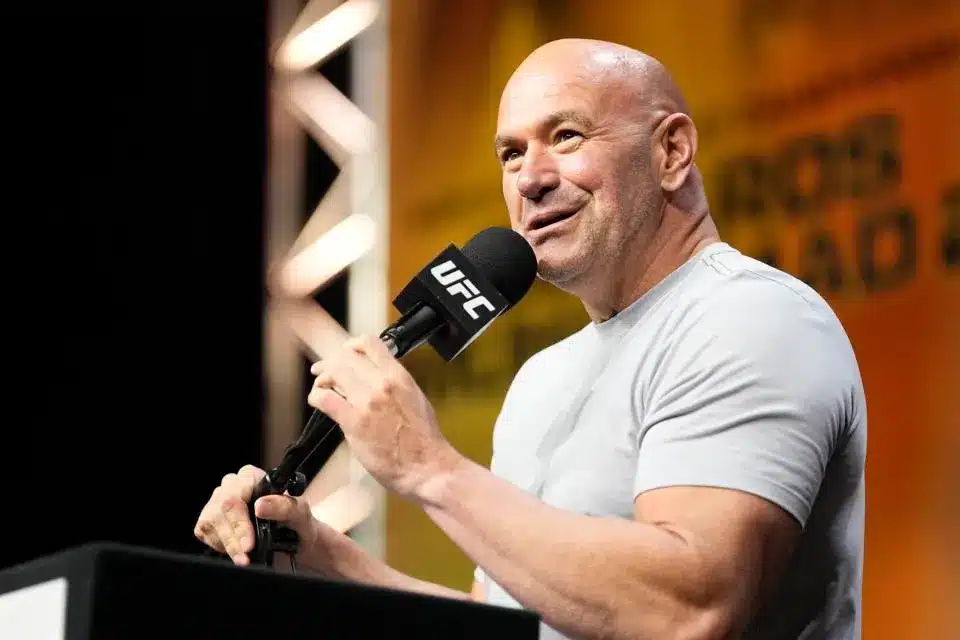
Securing lucrative broadcasting contracts was another key move in Dana White’s strategy to make the UFC a global brand. The UFC’s deal with ESPN, signed in 2018, was worth a reported $1.5 billion over five years.
This contract not only provided the UFC with a massive revenue stream but also expanded its reach to millions of households globally. The ESPN partnership marked a turning point for UFC, placing it alongside mainstream sports like the NFL and NBA.
The ESPN deal catapulted UFC into a higher tier of sports entertainment, ensuring prime-time broadcasts and access to a global audience. Through ESPN+, UFC gained a platform that not only provided greater exposure but also significantly boosted its revenue through subscription services. The success of these deals demonstrated White’s vision for UFC as more than just a combat sport—it became a mainstream sporting powerhouse.
Promoting Blockbuster Fights
White’s knack for promoting high-profile fights has been central to UFC’s popularity surge. Under his leadership, some of the most iconic bouts have taken place, such as Conor McGregor vs. Khabib Nurmagomedov at UFC 229, which generated a staggering 2.4 million pay-per-view buys, making it the most-watched fight in UFC history.
These blockbuster events became spectacles that drew attention from both avid MMA fans and casual viewers, helping grow the UFC’s global reach.
Dana White’s promotional tactics, including press conferences and face-offs, create unparalleled excitement leading up to fights. His ability to stir up rivalries, manage personalities, and build storylines around fights, such as the legendary UFC 229, has made UFC events must-see spectacles. These fights often break viewership records, contributing millions in pay-per-view revenue.
International Expansion
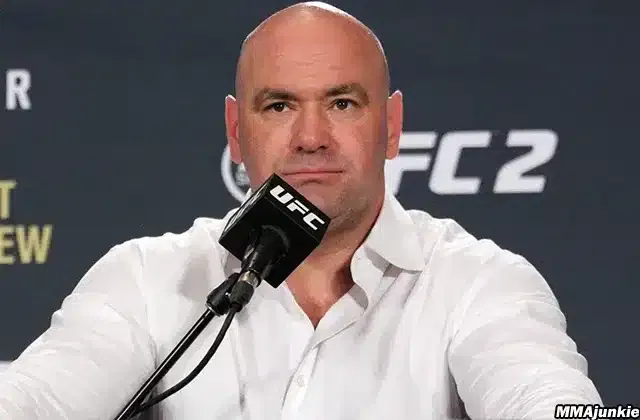
Dana White’s vision has always included expanding UFC beyond North American borders. UFC now hosts events across Europe, Asia, and South America, with recent growth in markets like China and Russia.
White’s decision to bring UFC to new markets has proven to be a massive success, as evidenced by UFC 261 in Shanghai, which attracted over 15,000 fans in attendance, a historic milestone for the organization.
White’s focus on growing the sport internationally led to UFC’s first-ever event in China in 2017, and the UFC Performance Institute in Shanghai opened shortly after.
UFC’s presence in Russia has also grown significantly, with events drawing tens of thousands of fans and increasing interest in MMA as a sport. These efforts reflect White’s determination to make the UFC a truly global organization.
Navigating Regulatory Hurdles
In the early days of UFC, one of Dana White’s most significant challenges was overcoming the regulatory hurdles that labeled MMA as too violent or dangerous.
White worked tirelessly to establish the Unified Rules of MMA, which helped legitimize the sport. By gaining approval from state athletic commissions, he made MMA a regulated and accepted sport, allowing UFC to host events in previously restricted regions like New York.
The introduction of the Unified Rules in 2001 was a turning point for the UFC. White’s efforts to create a standardized rule set that focused on safety and sportsmanship won over regulators and brought legitimacy to the sport. These rules laid the foundation for MMA to become recognized and regulated globally.
Innovative Marketing Approaches
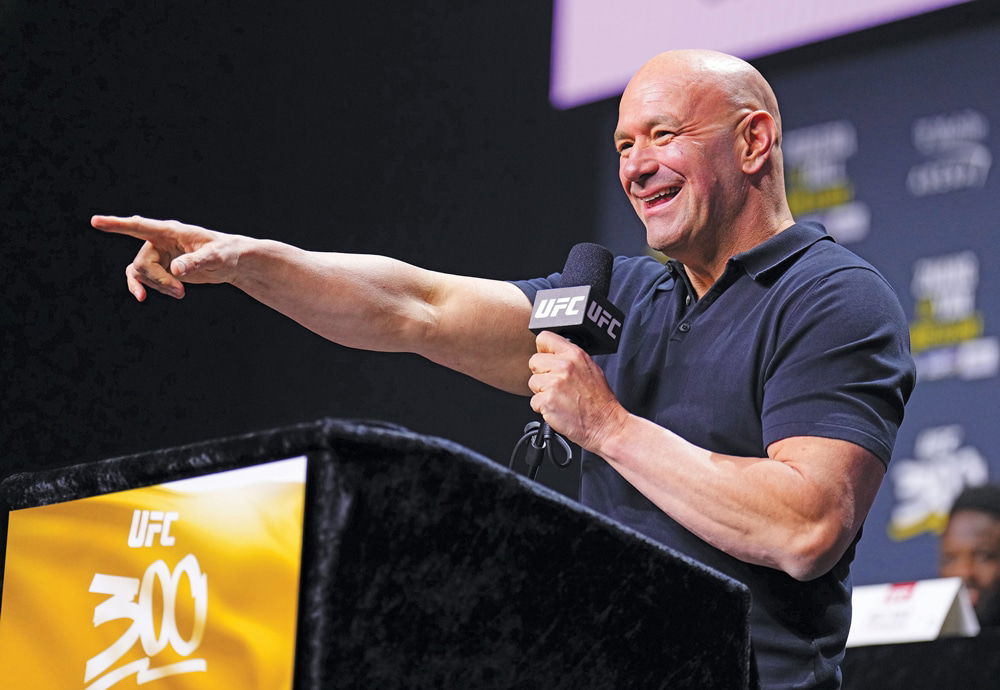
White’s use of social media and online platforms has been groundbreaking in sports marketing. UFC’s presence on X, Instagram, and YouTube has allowed it to connect with younger audiences worldwide. White personally engages with fans on social media, using platforms to promote events, fighters, and the sport itself.
Dana White understood early on that engaging with fans directly would be crucial for UFC’s growth. The UFC’s YouTube channel alone boasts over 18 million subscribers, where behind-the-scenes content, fight replays, and fighter interviews help maintain fan interest between events. White’s personal involvement in social media marketing has humanized the brand and strengthened UFC’s bond with its fanbase.
Overcoming Competition
White’s ability to outmaneuver competitors like Bellator MMA and ONE Championship has been crucial to maintaining UFC’s position at the top of the MMA world. His strategy has always been to offer the best fights with the most marketable fighters, and he consistently outdoes competitors in terms of viewership and profitability.
Under White’s leadership, UFC has remained the most recognized MMA organization globally, with over 600 fighters on its roster. In comparison, Bellator and ONE Championship have struggled to reach the same level of global recognition and revenue.
UFC events consistently draw significant attention from sportsbooks looking to capitalize on the sport’s tremendous boom, leading to a surge of fans taking advantage of top sportsbook promos before all major UFC events. This is no more evident by the amount of action that came in on UFC 307.
Legitimizing MMA as a Respected Sport
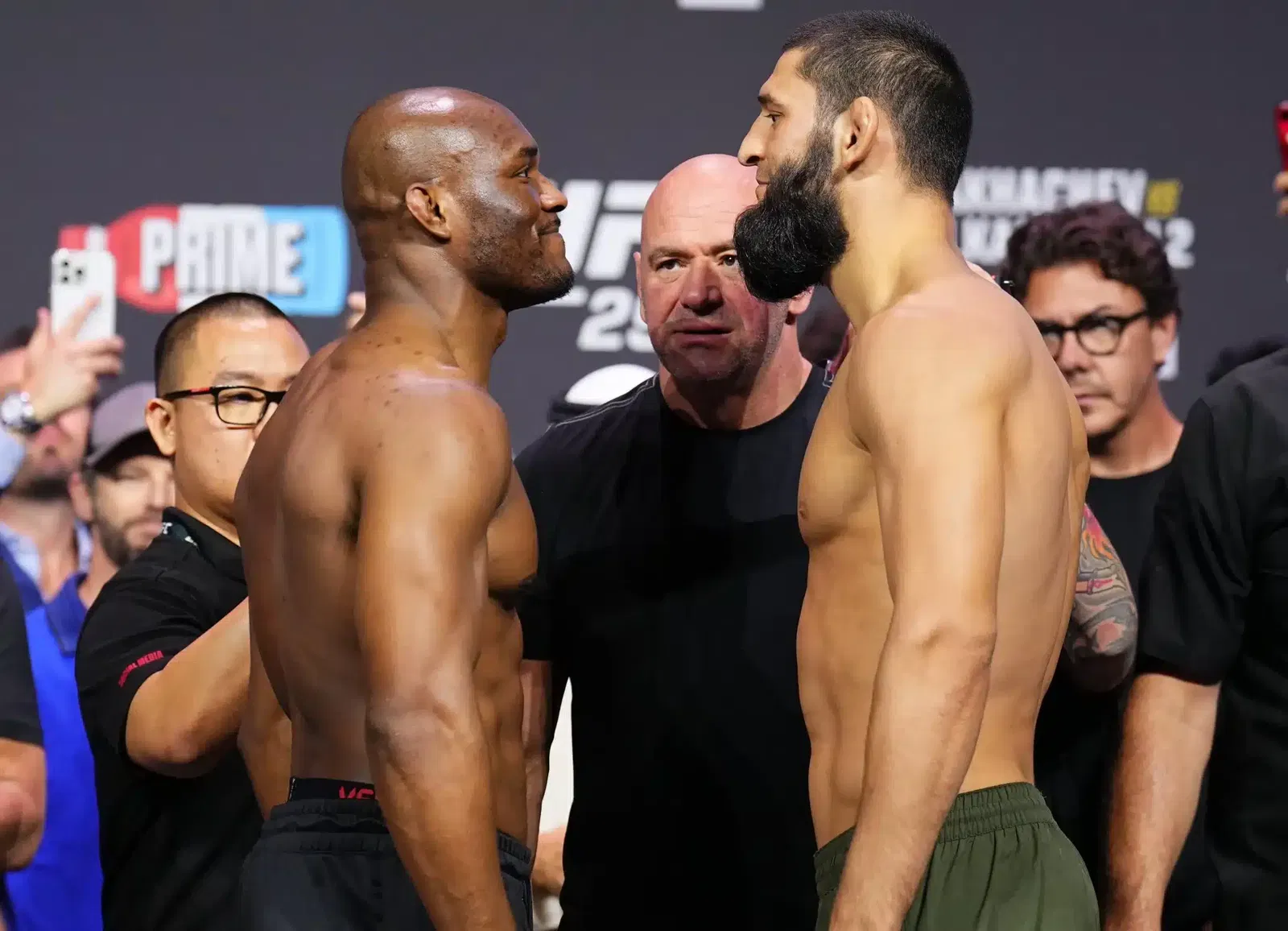
White has always been determined to gain mainstream acceptance for MMA as a legitimate sport. His efforts to clean up the sport’s image and push for regulation have helped MMA shed its reputation as a fringe sport. Today, UFC is seen on par with traditional sports leagues, thanks to White’s unwavering dedication.
Dana White’s relentless push to make UFC a respected part of the sporting world culminated in mainstream media coverage, partnerships with top sports broadcasters, and sponsorship deals. His leadership has allowed MMA to evolve into a respected sport that draws millions of viewers.
Vision for the Future
Looking forward, Dana White’s vision for UFC includes further international growth and embracing new technologies like virtual reality and enhanced fan experiences. His focus on innovation continues to push the boundaries of what the UFC can achieve as a global brand.
White plans to continue expanding into new markets and incorporating emerging technologies into UFC events. The future of UFC looks bright under White’s leadership, with plans to deepen fan engagement and bring UFC to even more global audiences.
Dana White‘s leadership has undeniably revolutionized the UFC and the sport of MMA. His strategic decisions, marketing prowess, and commitment to legitimizing MMA have created a global empire that shows no signs of slowing down.

